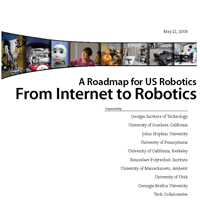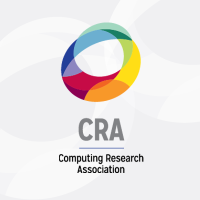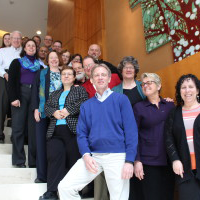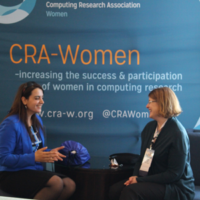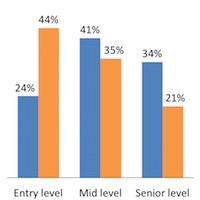
Nearly 10 Years Later, CRA-W Career Mentoring Workshop Participants are More Advanced in their Careers Than Non-Participants
CERP recently extracted Web data to observe the career progression of women who had participated in the CRA-W’s 2008 or 2009 Career Mentoring Workshops (CMWs) compared to a sample of women who had never participated in CMWs. We obtained the comparison sample from a population of women who earned their Ph.D.s in computer science during the same time period as the participants. We collected current career information including job titles (e.g., associate professor) and job setting (e.g., academia vs. industry/labs) for both groups. We then categorized job titles as entry level (e.g., assistant professor, software engineer), mid level (e.g., associate professor, senior engineer), and senior level (e.g., professor, principal program manager), collapsed across job setting. To test for a systematic difference in job rankings between workshop participants and the comparison group, we ran a 2 (Group) x 3 (Job Title Rank) Chi-squared test and found a statistically significant difference in rankings across the two groups, χ2 (2, N = 181) = 8.46, p < 0.05. Specifically, CMW participants were less likely than non-participants to be in an entry level position, p < .05, and more likely to be in a senior level position than non-participants, p < .05.


